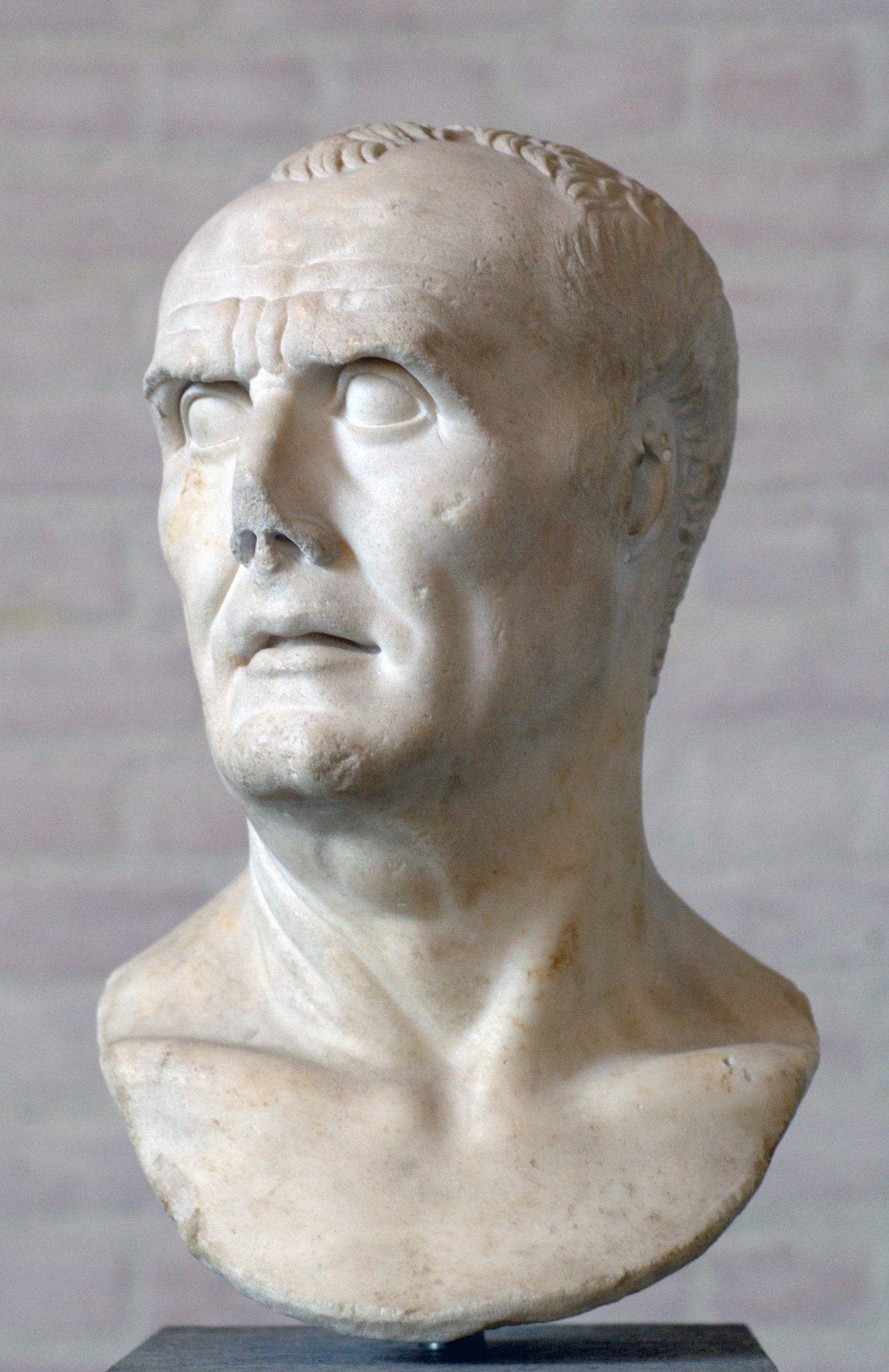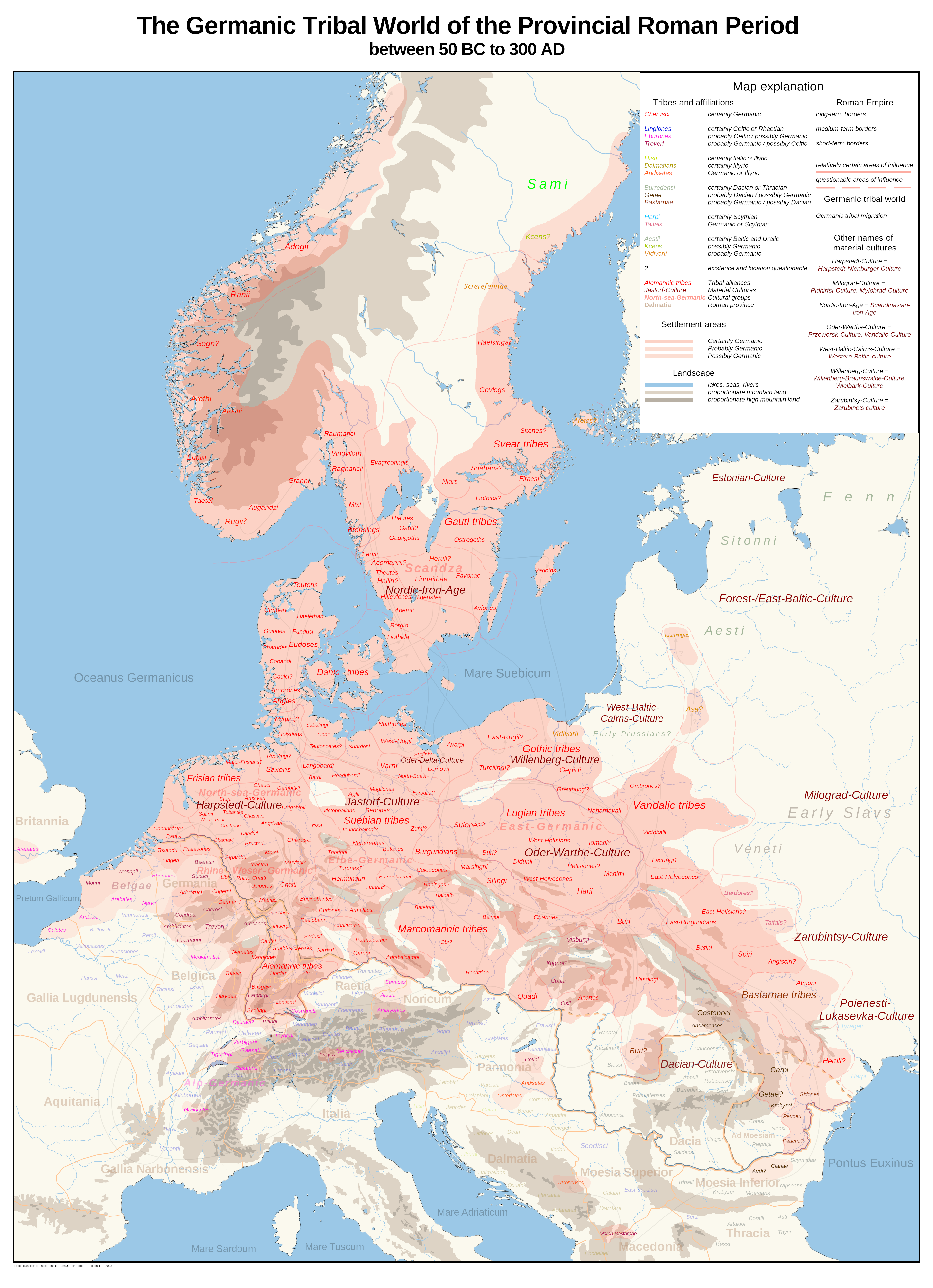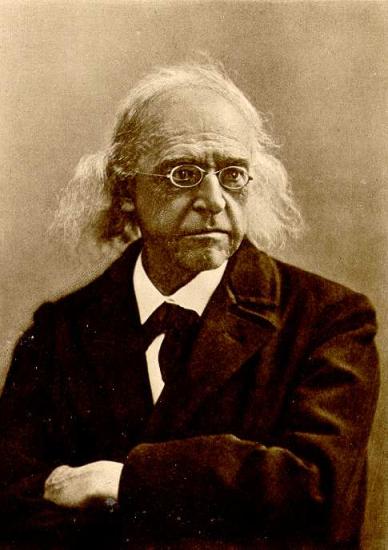|
Bellum Jugurthinum
The ''Bellum Jugurthinum'' (English: ''The Jugurthine War'')''For other original language titles, see the Title and Narrative section.'' is a historical monograph by the Roman historian Sallust, published during or around 41 BC. It describes the events of the Jugurthine War (112–106 BC) between the Roman Republic and King Jugurtha of Numidia. Sallust alleges that Jugurtha was able to repeatedly bribe corrupt Roman officials during the war, which Sallust took as indicative of a broader moral decline in the late Republic. In this way, the ''Bellum Jugurthinum'' is thematically similar to Sallust's first monograph, the ''Bellum Catilinae.'' The ''Bellum Jugurthinum'' is the main historical source for the Jugurthine War. Features Title and narrative The ''Bellum Jugurthinum'' was written and published around 40 B.C.,Sallust certainly began writing after 44 B.C., the year of Caesar's death, at a time when the first contrasts between Octavian and Antony were also emerging, destin ... [...More Info...] [...Related Items...] OR: [Wikipedia] [Google] [Baidu] |
Jugurtha
Jugurtha or Jugurthen (c. 160 – 104 BC) was a king of Numidia, the ancient kingdom of the Numidians in northwest Africa. When the Numidian king Micipsa, who had adopted Jugurtha, died in 118 BC, Micipsa's two sons, Hiempsal and Adherbal, and their adopted brother Jugurtha succeeded him. Jugurtha arranged to have Hiempsal killed in 117 BC and, after a civil war, defeated and killed Adherbal in 112 BC. The death of Adherbal, which was against the wishes of Rome, along with the growing popular anger in Rome at Jugurtha's success in bribing Roman senators and thus avoiding retribution for his crimes, led to the Jugurthine War between Rome and Numidia. After a number of battles in Numidia between Roman and Numidian forces, Jugurtha was captured in 105 BC and paraded through Rome as part of Gaius Marius' Roman triumph. He was thrown into the Tullianum prison, where he was executed by strangulation in 104 BC. Etymology The Numidian name Jugurtha matches the ancient nami ... [...More Info...] [...Related Items...] OR: [Wikipedia] [Google] [Baidu] |
Sallust
Gaius Sallustius Crispus, usually anglicised as Sallust (, ; –35 BC), was a historian and politician of the Roman Republic from a plebeian family. Probably born at Amiternum in the country of the Sabines, Sallust became a partisan of Julius Caesar (100 to 44 BC), circa 50s BC. He is the earliest known Latin-language Roman historian with surviving works to his name, of which ''Conspiracy of Catiline'' on the eponymous conspiracy, ''The Jugurthine War'' on the eponymous war, and the ''Histories'' (of which only fragments survive) remain extant. As a writer, Sallust was primarily influenced by the works of the 5th-century BC Greek historian Thucydides. During his political career he amassed great and ill-gotten wealth from his governorship of Africa. Life and career Sallust was probably born in Amiternum in Central Italy,.. though Eduard Schwartz takes the view that Sallust's birthplace was Rome. His birth date is calculated from the report of Jerome's '' Chronicon''.. ... [...More Info...] [...Related Items...] OR: [Wikipedia] [Google] [Baidu] |
Corinth
Corinth ( ; , ) is a municipality in Corinthia in Greece. The successor to the ancient Corinth, ancient city of Corinth, it is a former municipality in Corinthia, Peloponnese (region), Peloponnese, which is located in south-central Greece. Since the 2011 local government reform, it has been part of the Corinth (municipality), municipality of Corinth, of which it is the seat and a municipal unit. It is the capital of Corinthia. It was founded as Nea Korinthos (), or New Corinth, in 1858 after an earthquake destroyed the existing settlement of Corinth, which had developed in and around the site of the ancient city. History Corinth derives its name from Ancient Corinth, a city-state of antiquity. The site was occupied from before 3000 BC. Ancient Greece Historical references begin with the early 8th century BC, when ancient Corinth began to develop as a commercial center. Between the 8th and 7th centuries, the Bacchiad family ruled Corinth. Cypselus overthrew the Bacchiad f ... [...More Info...] [...Related Items...] OR: [Wikipedia] [Google] [Baidu] |
Cimbri
The Cimbri (, ; ) were an ancient tribe in Europe. Ancient authors described them variously as a Celtic, Gaulish, Germanic, or even Cimmerian people. Several ancient sources indicate that they lived in Jutland, which in some classical texts was called the Cimbrian peninsula. There is no direct evidence for the language they spoke, though some scholars argue that it was a Germanic language, while others argue that it was Celtic. Together with the Teutones and the Ambrones, they fought the Roman Republic between 113 and 101 BC during the Cimbrian War. The Cimbri were initially successful, particularly at the Battle of Arausio, in which a large Roman army was routed. They then raided large areas in Gaul and Hispania. In 101 BC, during an attempted invasion of the Italian peninsula, the Cimbri were decisively defeated at the Battle of Vercellae by Gaius Marius, and their king, Boiorix, was killed. Some of the surviving captives are reported to have been among the rebellious gl ... [...More Info...] [...Related Items...] OR: [Wikipedia] [Google] [Baidu] |
Optimates
''Optimates'' (, ; Latin for "best ones"; ) and ''populares'' (; Latin for "supporters of the people"; ) are labels applied to politicians, political groups, traditions, strategies, or ideologies in the late Roman Republic. There is "heated academic discussion" as to whether Romans would have recognised an ideological content or political split in the label. Among other things, ''optimates'' have been seen as supporters of the continued authority of the Roman senate, senate, politicians who operated mostly in the senate, or opponents of the ''populares''. The ''populares'' have also been seen as focusing on operating before the Constitution of the Roman Republic#Assemblies, popular assemblies, generally in opposition to the Roman senate, senate, using "the populace, rather than the senate, as a means [for advantage]". References to ''optimates'' (also called ''boni'', "good men") and ''populares'' are found among the writings of Roman authors of the 1st century BC. The d ... [...More Info...] [...Related Items...] OR: [Wikipedia] [Google] [Baidu] |
Gaius Gracchus
Gaius Sempronius Gracchus ( – 121 BC) was a reformist Roman politician and soldier who lived during the 2nd century BC. He is most famous for his tribunate for the years 123 and 122 BC, in which he proposed a wide set of laws, including laws to establish colonies outside of Italy, engage in further land reform, reform the judicial system and system for provincial assignments, and create a subsidised grain supply for Rome. The year after his tribunate, his political enemies used political unrest – which he and his political allies had caused – as an excuse to declare martial law and march on his supporters, leading to his death. After his death, his political allies were purged in a series of trials, but most of his legislation was undisturbed. His brother was the reformer Tiberius Sempronius Gracchus. Both, known together as the Gracchi brothers, were the sons of the Gracchus who was consul in 177 and 163 BC. Background Gaius Gracchus was born i ... [...More Info...] [...Related Items...] OR: [Wikipedia] [Google] [Baidu] |
Tiberius
Tiberius Julius Caesar Augustus ( ; 16 November 42 BC – 16 March AD 37) was Roman emperor from AD 14 until 37. He succeeded his stepfather Augustus, the first Roman emperor. Tiberius was born in Rome in 42 BC to Roman politician Tiberius Claudius Nero (father of Tiberius Caesar), Tiberius Claudius Nero and his wife, Livia Drusilla. In 38 BC, Tiberius's mother divorced his father and married Augustus. Following the untimely deaths of Augustus's two grandsons and adopted heirs, Gaius Caesar, Gaius and Lucius Caesar, Tiberius was designated Augustus's successor. Prior to this, Tiberius had proved himself an able diplomat and one of the most successful Roman generals: his conquests of Pannonia, Dalmatia (Roman province), Dalmatia, Raetia, and (temporarily) parts of Germania laid the foundations for Roman Empire, the empire's northern frontier. Early in his career, Tiberius was happily married to Vipsania, daughter of Augustus's friend, distinguished general and intended heir, Ma ... [...More Info...] [...Related Items...] OR: [Wikipedia] [Google] [Baidu] |
Equites
The (; , though sometimes referred to as " knights" in English) constituted the second of the property/social-based classes of ancient Rome, ranking below the senatorial class. A member of the equestrian order was known as an (). Description During the Roman Kingdom and the first century of the Roman Republic, legionary cavalry was recruited exclusively from the ranks of the patricians, who were expected to provide six (hundreds) of cavalry (300 horses for each consular legion). Around 400BC, 12 more of cavalry were established and these included non-patricians (plebeians). Around 300 BC the Samnite Wars obliged Rome to double the normal annual military levy from two to four legions, doubling the cavalry levy from 600 to 1,200 horses. Legionary cavalry started to recruit wealthier citizens from outside the 18 . These new recruits came from the first class of commoners in the Centuriate Assembly organisation, and were not granted the same privileges. By the time of t ... [...More Info...] [...Related Items...] OR: [Wikipedia] [Google] [Baidu] |
Marius Glyptothek Munich 319
Marius may refer to: People * Marius (name), a male given name, a Roman clan name and family name, and a modern name or surname *Gaius Marius (–86 BC), Roman statesman, seven times consul. * Marcus Aurelius Marius, emperor of the Gallic Empire, 269 Arts and entertainment * ''Marius'' (play), a 1929 play by Marcel Pagnol * "Marius" (short story), a 1957 story by Poul Anderson * ''Marius'' (1931 film), a French adaptation of Pagnol's play, directed by Alexander Korda * ''Marius'' (2013 film), a French adaptation of Pagnol's play, directed by Daniel Auteuil Places * Marius (Laconia), a town of ancient Laconia, Greece * Măriuș, a village in Valea Vinului, Satu Mare County, Romania * Marius (crater), on the Moon * Marius Hills, on the Moon Other uses * Marius (commando), Alain Alivon (born 1965), French Navy officer * Marius (giraffe), a giraffe euthanized at the Copenhagen Zoo in 2014 * Marius Pontmercy, Fictional character from ''Les Misérables'' See also * * * Mario ( ... [...More Info...] [...Related Items...] OR: [Wikipedia] [Google] [Baidu] |
Lusitanians
The Lusitanians were an Indo-European languages, Indo-European-speaking people living in the far west of the Iberian Peninsula, in present-day central Portugal and Extremadura and Castilla y Leon of Spain. It is uncertain whether the Lusitanians were Celticized Iberians or Celts, related to the Lusones. After its conquest by the Roman Republic, Romans, the land was subsequently incorporated as a Roman province named after them (Lusitania). History Origins Frontinus mentions Lusitanian leader Viriathus as the leader of the Celtiberians, in their war against the Romans. The Greco-Roman historian Diodorus Siculus likened them to another List of ancient Celtic peoples and tribes, Celtic tribe: "Those who are called Lusitanians are the bravest of all similar to the Cimbri". The Lusitanians were also called Belitanians, according to the diviner Artemidorus. . [S.l.]: Real Academia de la Historia, 2000. 33 p. vol. 6 of Bibliotheca archaeologica hispana, v. 6 of Publicaciones del G ... [...More Info...] [...Related Items...] OR: [Wikipedia] [Google] [Baidu] |







